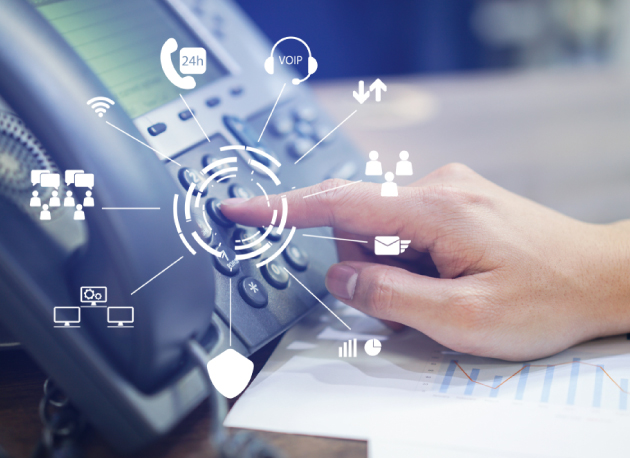Ensuring the security of your VoIP (Voice over Internet Protocol) home phone service is essential to maintaining reliable communication and protecting your privacy. While VoIP offers numerous benefits, it’s important to implement security measures to safeguard against potential threats and vulnerabilities. Here are several steps you can take to secure your VoIP home phone service for reliable communication in the UK:
1. Use Strong Passwords
Choose strong and unique passwords for your VoIP account and any associated devices or applications. Avoid using default or easily guessable passwords, and regularly update your passwords to minimize the risk of unauthorized access.
2. Enable Encryption
Enable encryption for your VoIP calls to protect against eavesdropping and interception. Many VoIP home phone UK providers offer encryption options that encrypt voice data during transmission, ensuring confidentiality and integrity.
3. Implement Network Security
Secure your home network to prevent unauthorized access to your VoIP service. Use firewalls, antivirus software, and intrusion detection systems to protect against malware, viruses, and other cyber threats. Additionally, regularly update your network equipment’s firmware to patch security vulnerabilities.
4. Enable Two-Factor Authentication
Enable two-factor authentication (2FA) for your VoIP account to add an extra layer of security. With 2FA, users must provide a second form of verification, such as a code sent to their mobile device, in addition to their password, before accessing their account.
5. Monitor Call Activity
Regularly monitor your VoIP call activity for any suspicious or unauthorized calls. Keep track of call logs and review them for any unusual patterns or activity that may indicate a security breach. Report any unauthorized calls to your VoIP provider immediately.
6. Update Software Regularly
Keep your VoIP software, firmware, and applications up to date with the latest security patches and updates. Software updates often include fixes for known security vulnerabilities, so it’s essential to install updates promptly to protect against potential threats.
7. Educate Users
Educate all users of your VoIP home phone service about security best practices and potential threats. Train users to recognize phishing attempts, suspicious links, and other common tactics used by cyber attackers to gain unauthorized access to accounts.
8. Limit Access
Limit access to your VoIP account and associated devices to authorized users only. Use role-based access control to restrict privileges and permissions based on users’ roles and responsibilities, minimizing the risk of unauthorized access.
9. Secure Physical Devices
Physically secure any VoIP devices, such as phones or adapters, to prevent tampering or theft. Keep these devices in a secure location and restrict physical access to authorized individuals only.
10. Regularly Backup Data
Regularly backup your VoIP call logs, settings, and other important data to a secure location. In the event of a security breach or system failure, having backups ensures you can quickly restore your VoIP service and minimize downtime.
By following these security measures, you can effectively secure your VoIP home phone service in the UK, ensuring reliable communication while protecting your privacy and sensitive information from potential threats and vulnerabilities.
